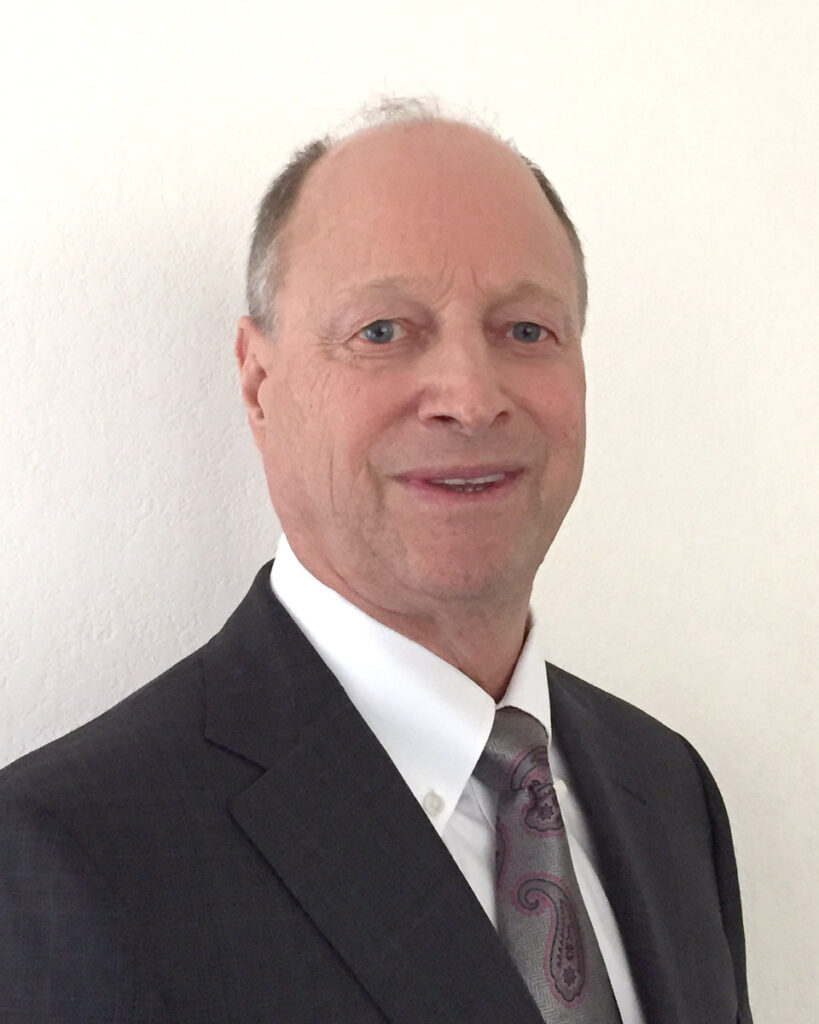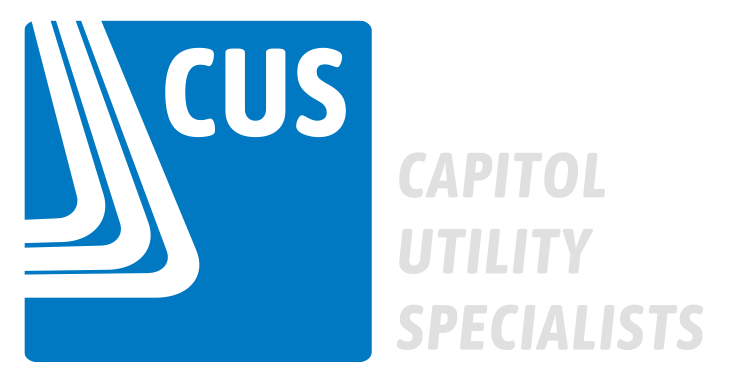About
CUS (formerly G.A. Krause & Associates) was founded in 1993 by long-standing industry expert, Gary Krause. Gary began his utility career with PG&E in 1979, where he held positions such as Service Planning Supervisor, Marketing Manager, Industrial Power Engineer, Farm Power Advisor, and New Business Representative. After three decades, Gary has consulted on some of the region’s most prominent development projects, which include everything from residential and commercial subdivisions to master-planned communities, industrial parks, public works, and hotels and retail projects. He is respected as a foremost subject matter expert and is known for taking particular interest in uniquely complex challenges. Though his days are now better defined by his adventures outside of the utility industry, he remains an integral part of the CUS team.

Jimm Welch joined the team of expert advisors as a partner and owner in 2024. Jimm also comes from an illustrious career in the utility industry with over 30 years of experience. He began his career with PG&E in 1994 in roles such as Sr. New Business Representative, Service Planning Supervisor, Gas Resource Supervisor and Manager, Industrial Power Engineer, and Sr. Electric Engineer Estimator. Additionally, Jimm spent several years in the private sector as a project and program manager for a utility construction firm, along with providing utility consulting services. Jimm’s unique experience has afforded him the privilege of combining the best of both worlds; an intimate understanding of the utility design and engineering processes from within the utility provider, as well as the practical understanding of what it means to successfully and efficiently construct these projects as a developer and builder.

Although some things have changed over the years, CUS remains true to its roots as an employee-owned California corporation with a relentless commitment to providing best-in-class Dry Utility consulting services. With CUS’s team of expert advisors, consultants, designers, engineers, and collaborative industry partners, they have access to a pool of knowledge and depth of experience that is second to none. Let CUS partner with you on your next project and experience firsthand why they remain the consultant of choice for so many.
Company Philosophy
CUS believes it’s to the client’s advantage to employ an objective, independent consultant to safeguard his interests — be it negotiating with utility companies on fees and charges, determining the best location for a new substation or utility cabinet, designing new systems or assuring that the client is receiving quality but competitive, bottom dollar bids from its joint trench contractors. Not having an independent advocate in your corner can result in higher utility fees, poorly placed infrastructure and/or unnecessary equipment installed at the developer’s expense. We have saved our clients millions of dollars over the years by searching out unnecessary or misinterpreted fees and construction costs — proof positive of the value results we achieve.
Local Knowledge / Relationships
CUS knows the local utility industry. The California North State is our home base. We know the key utility stakeholders and gatekeepers in the region and work hard to maintain excellent relationships. We understand the rules and regulations that govern utility practices in the area and have contacts at all levels in the organizations that provide utility services. Should you choose us to represent you, we will bring all of our knowledge, experience, resources and utility expertise to your project.
Utility System Design
For larger projects, CUS typically prepares its own demand studies for electric, natural gas and telephone. Without this independent check, developers are at an immediate disadvantage in dealing with the utility’s proposed designs. How else will one know the size and number of substation banks required, the proper size of the gas and electric feeder mains, or even how many electric feeder mains to expect? Simply put, the only way to know if the utility’s proposed designs are sufficient (or oversized) is to create an independent analysis of the project. Doing so places CUS and its client on a level playing field with the utility, and provides the credibility and resources to, when necessary, challenge the utility’s designs.
Planning Expertise
CUS currently provides dry utility consulting services to a number of large master planned projects — both commercial and residential. Many are still in the entitlement and planning phases, where we provide valuable utility insights and guidance. In most cases CUS is able to facilitate design improvements that benefit the client. Examples include relocating telephone exchange boundaries, changing the electric voltage class for an entire service area (from 12kV to 21kV), minimizing utility extension costs, introducing competition for telecommunications services, locating, relocating and eliminating substations and transmission facilities — design improvements that have resulted in millions of dollars in savings and improved aesthetics for our clients.
Utility Contracts, Charges and Fees
A major part of our expertise is watchdog scrutiny of utility charges and credits, made possible by our comprehensive working knowledge of utility rates, rules and interpretations. Few in the industry fully understand the many and complex utility rules, tariffs, rates, ordinances, fees, franchise agreements, easement requirements and contracts that determine where the utility’s cost responsibilities end and the developer’s begin. We are fortunate to have two form tariff experts with PG&E on our team. It was their job to train utility representatives, the engineers and their supervisors on contracts, costs, billings and tariff issues in large land development projects. Who better to represent you on these same issues?
When necessary, CUS employs sophisticated financial tools (i.e., preparation of absorption schedules and internal rate of return calculations) to determine the best course of action when offered various utility payment options (refundable option vs. nonrefundable discount option, etc). We back our recommendations with sound financial analysis, and provide a summary of the refunds and/or reimbursements due on a utility contract.
Aesthetic Considerations
Fusing cubicles, three-way switches, telephone cabinets, transformers, and node cabinets (collectively “utility pedestals or peds”) are not the entry monuments developers envision for their projects. But that’s exactly what’s commonly seen. Utility infrastructure is a necessary component in modern developments, but that doesn’t mean it should dominate the landscape.
CUS prides itself on a proactive approach to strategically placing transformers, switches and other utility facilities near intersections and project entrances. In the final analysis, you want a project you can be proud of — and indeed that’s also our goal.
